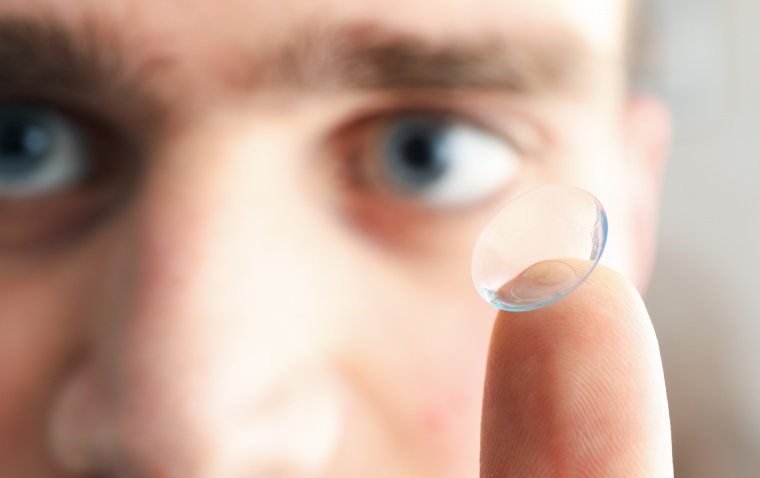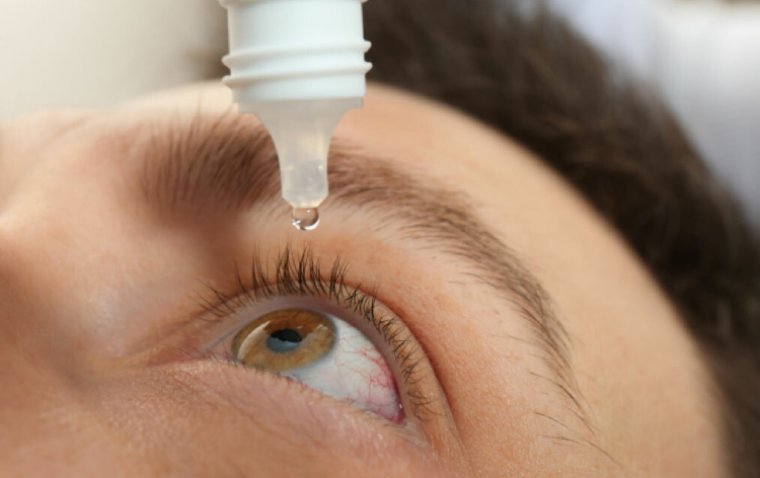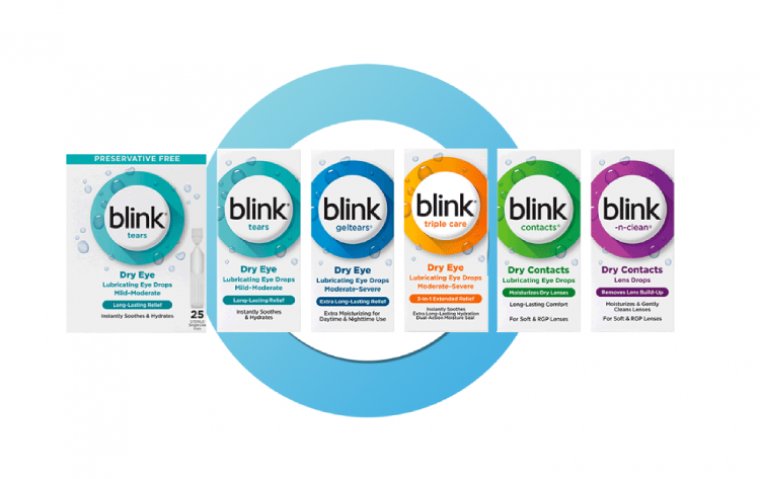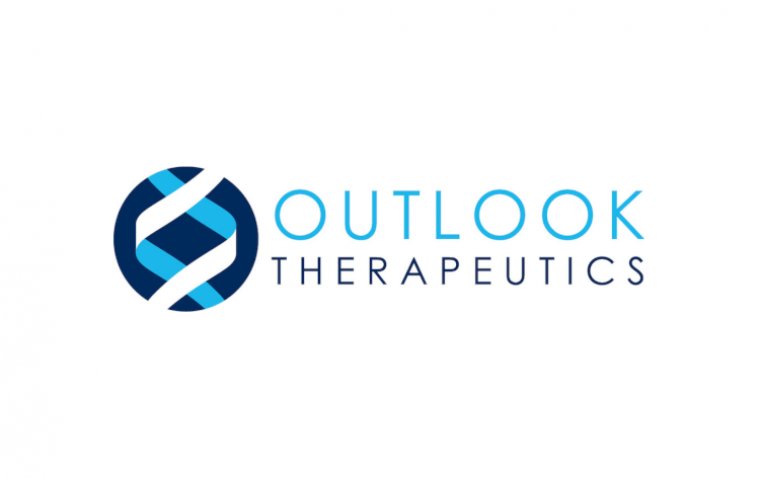
Toxic Truth: 'Forever Chemicals' in Contact Lenses Linked to Cancer
*This news has been updated.
A marker of certain chemicals that might cause cancer, liver disease, and autoimmune diseases, organic fluorine was detected in unusually high quantities in lab tests on 18 popular types of contact lenses.
Health Risks Associated with Soft Contact Lenses
According to recent study, many soft contact lenses sold in the United States are constructed of substances that have been related to a number of serious health problems.
18 popular types of contact lenses were examined in a research at a lab approved by the Environmental Protection Agency, and each had exceptionally high amounts of organic fluorine, a sign of PFAS.
What Are PFAS?
The US EPA describes PFAS (per- and poly-fluoroalkyl substances) as a class of over 14,000 man-made compounds that are "very persistent in the environment and in the human body - meaning they don't break down and can accumulate over time."
Health and Environmental Impacts of 'Forever Chemicals'
The NIH refers to PFAS as "forever chemicals" because they can persist for years without decomposing and are connected to major health problems like cancer, prenatal difficulties, thyroid disease, liver disease, kidney disease, infertility, and autoimmune disorders. PFAS contact lenses are not only harmful to human health but they also pose several environmental challenges.
Researchers discovered that all of the tested contact lenses had levels of organic fluorine that exceeded 100 parts per million (ppm), which is equal to 100 million parts per trillion (ppt), or 50,000 times more than the highest level deemed safe in drinking water by the EPA.
The lab testing was conducted by Mamavation and Environmental Health News, two public health blogs.
Expert Advice: Switch to Glasses for Safety
According to him, consumers' only real defense is to wear glasses rather than contact lenses. He also urged individuals to go to their providers if they have any concerns.
(1).jpg)










